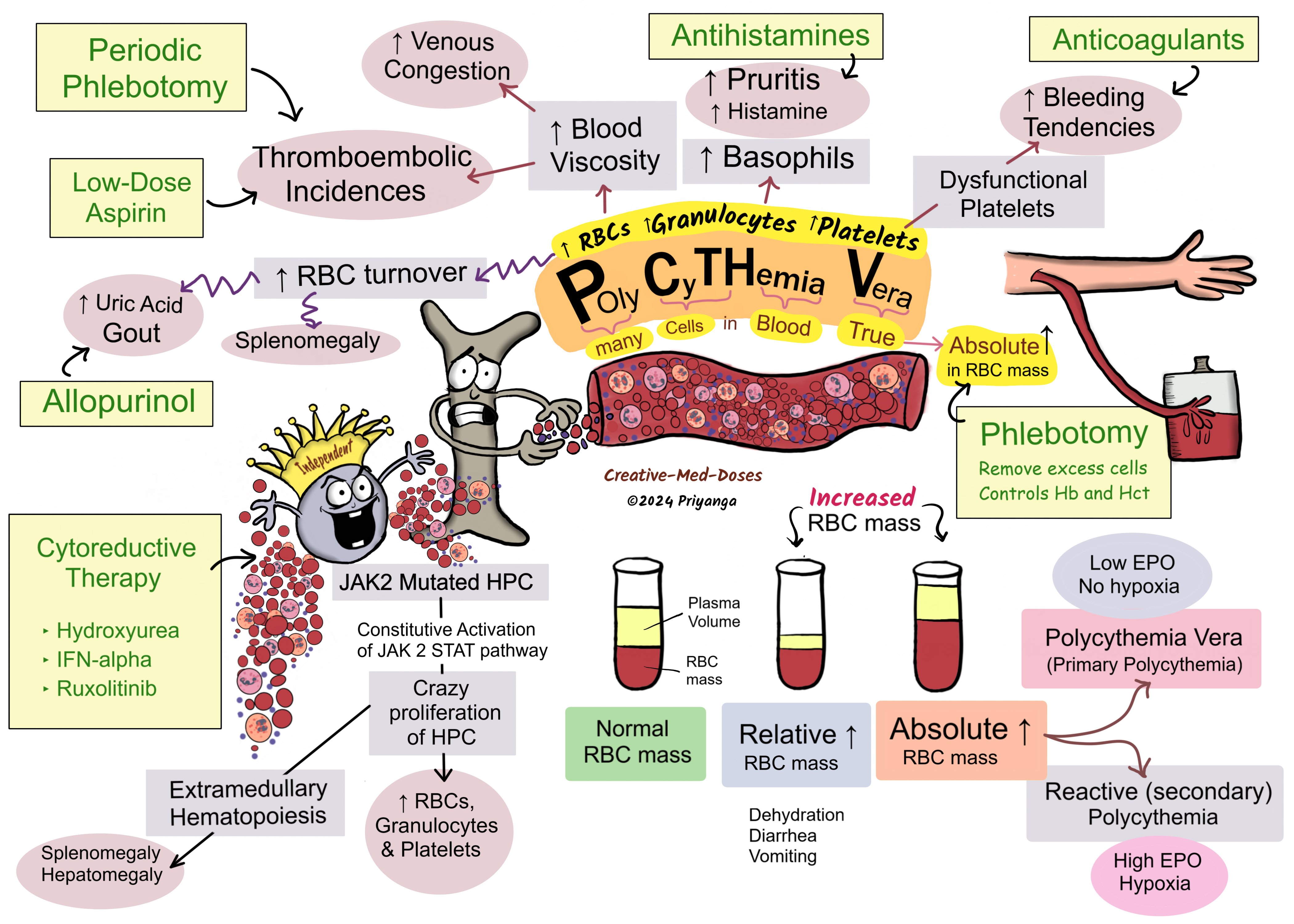
That Surprising Blood Test
Okay, picture this: you go in for a totally routine checkup, maybe brag a little about the 5k you ran last weekend, and then—bam. Your doctor points out your high hematocrit on the lab slip. Wait, what? Isn’t that just… part of the usual alphabet soup of blood stats?
But here’s the deal nobody warns you about. High hematocrit means your blood’s thicker than normal. It’s literally more crowded with red blood cells, and all that crowding can… well, slow down the flow. (Honestly, sounds like my local coffee shop queue at 8am.) Maybe you read that a little aspirin could help—after all, it’s handy for heart attacks, right? So you google “can aspirin lower hematocrit levels” and fall straight down the rabbit hole. I’ve been there! Let’s untangle the science, myths, and what you can actually do if your blood seems a bit too, uh, ‘ambitious.’
Is Thicker Blood Really a Problem?
I get it—on paper, more red blood cells sounds awesome. More oxygen for muscle, right? Ultra-marathoners and mountain climbers pay big bucks for intense training just to push their hematocrit up a notch! But… it’s a balance. When your level climbs past 45% (yep, that’s the recommended ceiling for safety in polycythemia vera and other conditions), things can get sluggish. Blood flows slower. Weird stuff starts happening—think headaches, fatigue, shortness of breath, or, not-so-awesome, increased risk of blood clots.
Real talk: I had a friend, Ben, who ignored his rising numbers because, “Eh, I feel fine.” Didn’t think much of it… until a scary ER visit after a sudden dizzy spell during his run. No fun. Turns out, it’s not about being macho or “fit”—it’s about keeping that flow sweet and smooth.
What Causes High Hematocrit Anyway?
So why do these numbers creep up? Could be anything from dehydration (yeah, coffee all day and minimal water—guilty), living at high altitude, smoking, sleep apnea, or underlying stuff like polycythemia vera. Testosterone therapy? That too (How to lower hematocrit overnight naturally covers some ways to counteract this if you’re on TRT).
Oh, and sometimes it’s just genetics. Thanks, Dad.
Does Aspirin Thin the Blood—Or Lower Hematocrit?
Let’s get into it. Aspirin’s reputation as a “blood thinner” is everywhere. But wait—does it actually lower your hematocrit numbers? Or is this just another “drinks lemon water to detox” myth? Time to clear the air (and the arteries).
Here’s the fun reality… Aspirin doesn’t really lower your hematocrit. It’s not like you pop a pill, and poof—less red blood cells. What it does is make your platelets (the sticky things that help blood clot) less sticky. So blood flows a bit smoother, and clot risk drops. That’s huge if your blood is thick and your doctor’s worried about strokes or heart attacks (research on polycythemia vera backs this up).
I remember my uncle, who started low-dose aspirin after his PV diagnosis. He kept saying, “It’s like oil for my blood engine!” Not quite, but close enough. The real trick for lowering hematocrit? Usually, it’s phlebotomy (yep, old-school blood draws) or treating whatever’s causing the spike in red cells (guidelines recommend aim for that “under 45%” target).
The Actual Research—Any Direct Effect?
If you’re super detail-oriented, you might have found a few scientific abstracts suggesting that combination antiplatelet therapy (aspirin + clopidogrel) can lead to small reductions in hematocrit—but this comes from side effects like mild bleeding or less bone marrow production of red blood cells (more details here).
| Method | How It Works | Pros | Cons |
|---|---|---|---|
| Aspirin (alone) | Prevents clots, improves flow | Easy, cheap, time-tested | No direct drop in hematocrit; possible stomach side effects |
| Phlebotomy | Removes blood, lowers red cell count | Direct and effective | Needs a clinic visit, sometimes frequent |
| Hydration | Increases plasma volume, dilutes red cells | Simple, quick temporary fix | Wears off quickly, not a cure |
Bottom line: if you’re taking just aspirin, your hematocrit probably won’t change unless there’s bleeding. But you will be less likely to get a clot—and that’s still a win.
Aspirin and “Quick Fixes”—What Actually Works Overnight?
Have you ever tried to “cheat” your lab results? You’re not alone. The night before your test, you drink a lake’s worth of water, say a little prayer, and hope your numbers look better. It’s a thing! On health forums, folks on testosterone replacement swap hydration hacks and even speculate if popping aspirin right before a CBC (complete blood count) helps (How to lower hematocrit overnight naturally has more on this).
Water? Yep, it helps…in the short run. More fluid means the red blood cells get ‘diluted’ in your blood, so your hematocrit measurement drops (a little). But it’ll bounce right back if the underlying cause isn’t fixed.
Aspirin? Here’s the scoop: it won’t make your hematocrit number magically plummet overnight. Its main benefit is keeping blood from getting sticky, not lowering your red blood cell count. But if your doc says to take it, trust them—they’re playing the long game, keeping you safe from more serious stuff.
One last thing—people have discussed that grapefruit (yep, grapefruit!) might drop your hematocrit. Actual studies show naringin, an antioxidant in the fruit, may help your body clear out extra red blood cells (recent findings). Pretty cool, right? But again, nothing’s instant or guaranteed. Moderation, always.
Natural Ways to Keep Hematocrit Healthy
Let’s step back and zoom out. Because unless you’re actually living on a glacier, training for Everest, or on certain meds, there are changes you can make—beyond aspirin or clinical interventions.
- Stay hydrated: Eight to twelve glasses a day keeps dehydration—and those numbers—at bay. (Works even better if you sip between espresso shots.)
- Don’t smoke: Seriously, this alone can help. Smoking makes your body crave more oxygen, so it over-produces red blood cells. Kick the habit, see the drop.
- Skip the iron supplements (unless prescribed): Extra iron means extra red blood cells. No need to fuel the fire.
- Moderate your training: Overdoing high-altitude workouts or super-tough sessions might drive your levels higher. Find your movement sweet spot.
- Grapefruit and antioxidant-rich foods: These support healthy blood flow, and, like we mentioned before, naringin in grapefruit can support natural “turnover” of RBCs.
- Keep alcohol and caffeine in check: Both can dehydrate and tick those numbers up.
- Balanced sleep and stress management: These influence hormones and, yes, the way your body manages blood cell production.
If you’re the checklist type (I salute you), jot these down or post on your fridge. If you want more personalized hacks, see How to lower hematocrit overnight naturally for some creative, healthy routines.
Antiplatelets vs. Anticoagulants—Do You Know the Difference?
Quick “jargon but not really” tangent: Aspirin is an antiplatelet—it stops little blood cell fragments (platelets) from sticking together. Anticoagulants (“blood thinners” like warfarin) work on clotting proteins. Both help in different ways for folks at risk of clots. But neither is a magic bullet for high hematocrit. (Worth clarifying if your doctor mentions both.)
I had a moment where I stared blankly at my pharmacist, nodding along, pretending to understand every difference. If that’s you—no shame, ask questions until it’s clear.
When Should You See a Doctor?
Here’s the big “don’t DIY your health” disclaimer—and I mean it with love. If you notice: weird bruising, headaches, vision changes, chest pain, or just feel tired for no reason… get checked. Persistent high hematocrit can mean something bigger is brewing, like a kidney issue, sleep apnea that hasn’t been found, or even a blood cancer (rare but important!).
Doctors have a whole toolbox: blood draws (phlebotomy), tests, and yes—sometimes aspirin—to tailor your plan. It’s not one-size-fits-all. I had a reader message me, “I tried every natural hack and my hematocrit just wouldn’t budge. My doc found I had mild sleep apnea!” Now she sleeps better, and her numbers leveled out. Wild how interconnected things are, right?
Also… don’t try to “game” your blood test with last-minute water or skipping breakfast. Labs are pretty sharp at spotting short-term changes. Honesty (with yourself, with your provider) really does win.
About Your Next Steps?
Here’s my not-so-secret advice: Focus on the big picture. Take care of your whole self—blood, heart, lungs, mind. Ask your provider about aspirin and how it fits your history. If you’re curious about quick fixes—or the science behind why you’re seeing spikes—dive into can aspirin lower hematocrit levels and How to lower hematocrit overnight naturally for the latest tips.
Wrapping This Up—What’s Next for Your Blood?
If you stuck with me this far, you are absolutely invested in your health—or at least, deeply curious. So here’s the bottom line: aspirin is amazing at keeping blood flowing and preventing clots, but it’s not a true fix for high hematocrit. That usually takes lifestyle tweaks, true hydration, root-cause sleuthing, and sometimes, a little medical help (good old-fashioned phlebotomy).
Listen to your body, tune in to the clues it offers, and don’t settle for “just fine.” Your energy, focus, and even mood can change dramatically when your blood flows at its best. And remember, you’re not in this alone—chat with your doc, lean on reliable can aspirin lower hematocrit levels resources, and take small steps every week. Progress isn’t about perfection—it’s about paying attention, showing up, and caring enough to ask, “What does my body need now?”
You’ve totally got this. Next time you look at your lab slip, you’ll know what to do—and maybe even be able to translate half the alphabet soup for your friends. Go forth, stay curious, and keep that amazing blood of yours moving strong.

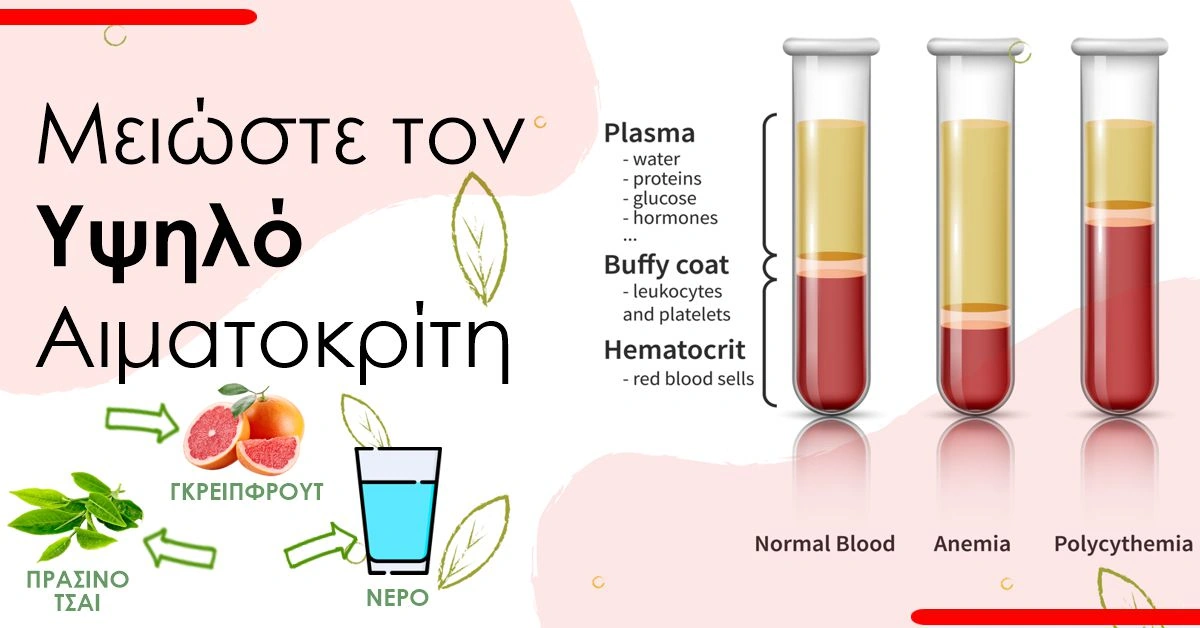


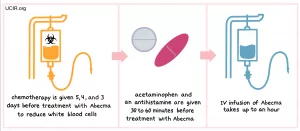
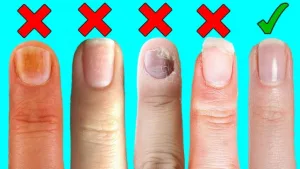

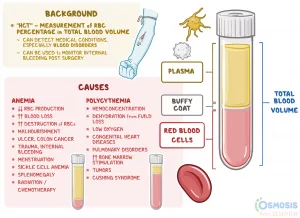





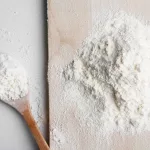




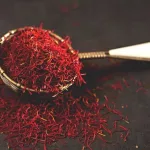





Leave a Reply
You must be logged in to post a comment.